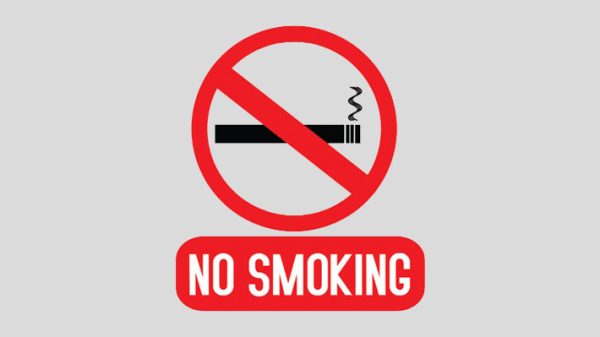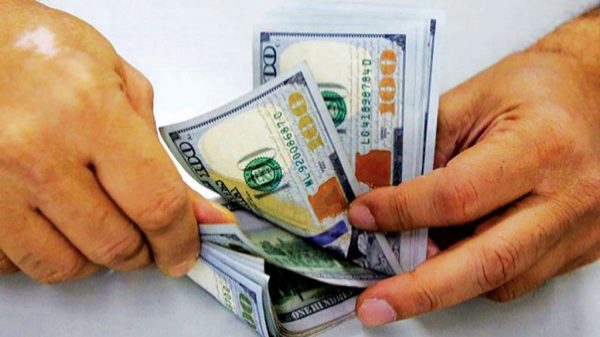World No Tobacco Day: ‘Toughening law, raising prices can reduce tobacco use’

Shawdesh Desk:
Toughening the existing tobacco control law, proper enforcement of law and increasing the price of tobacco and tobacco products can help reduce the use of tobacco in Bangladesh.
“We are taking necessary steps to control the use of tobacco in Bangladesh. We have already taken initiatives to amend the existing Tobacco Control Act,” Hossain Ali Khondoker, Coordinator (Additional Secretary) of National Tobacco Control Cell (NTCC), told the Daily Sun.
Hossain Ali Khondoker said they have sent a letter to the National Board of Revenue (NBR) to increase the prices of tobacco and tobacco products to discourage the use tobacco and tobacco products.
To raise awareness among the people and policymakers on the environmental impact of tobacco cultivation, manufacturing and use, and also to expose the tobacco industry’s effort to “greenwash” the havoc it wrecks; the World Health Organization (WHO) has set the theme for 2022 World No Tobacco Day, to be globally celebrated on 31 May, as “Tobacco: Threat to our environment.”
Bangladesh is the first country which signed the Framework Convention on Tobacco Control (FCTC) in the 55th Convention of WHO to discourage smoking and use of tobacco products on June 16, 2003, and initiated it on May 10, 2004.
Prime Minister Sheikh Hasina already declared that Bangladesh will be a tobacco-free nation by 2040.
“We have to do more to fully comply with the FCTC and to reduce tobacco use substantially in Bangladesh to make our country tobacco-free by 2040,” the Prime Minister said while speaking at the South Asian Speakers Summit on Achieving SDGs in Dhaka in January 2016.
Forty Members of Parliament (MPs) of Bangladesh have adopted a 16-point declaration in Cox’s Bazar on May 20 this year. The declaration recognises the urgent need for action and recommends some key actions to realise the Vision 2040.
Organizations including National Heart Foundation Hospital and Research Institute and Progga (Knowledge for Progress) have also emphasized strengthening the tobacco control law through bringing an amendment and increasing the prices of tobacco and tobacco products.
They said the Smoking and Using of Tobacco Products (Control) Act 2005, as amended in 2013, and the Smoking and Tobacco Products Usage (Control) Rules 2006 and 2015 led to a reduction in overall adult smoking rates from 43.3 percent in 2009 to 35.3 percent in 2017.
The anti-tobacco campaigners proposed that the display of tobacco products at any retail point of sale should be prohibited and all CSR programs by tobacco companies should be prohibited. The sale of single sticks, unpackaged or loose tobacco or smaller packs should be prohibited and the size of pictorial health warnings on all tobacco products should be increased to 90 per cent of the front and back surfaces of packages, they added.
“To make Bangladesh tobacco-free, we must keep our youth away from tobacco. It is necessary to increase the price of tobacco products and take it out of the reach of teenagers,” Prof Dr Sohel Reza Choudhury, head of the Department of Epidemiology and Research at National Heart Foundation Hospital and Research Institute told the Daily Sun.
Mentioning that among the SAARC countries, tobacco is the cheapest in Bangladesh and bidi-cigarettes are sold as single stick in this country, he said it is necessary to reform the tax structure and impose specific tax on tobacco products. At the same time, increasing the price of tobacco products in line with inflation and per capita income will be an effective measure.
Dr Sohel Reza said in addition to this, the sale of single sticks should be banned by amending the tobacco control law. In consequence of such measures, teenagers and young people will not be able to buy a whole pack and will be discouraged from initiating tobacco use.
Tobacco ATLAS estimates that tobacco use caused nearly 126,000 deaths accounting for 13.5 percent of deaths from any cause in Bangladesh in 2018.
Around 1.5 million adults were suffering from diseases attributable to tobacco use and nearly 61,000 children were suffering from diseases due to exposure to secondhand smoking. The estimate of the direct healthcare costs attributable to tobacco use amounts to Tk 83.9 billion annually.
“The annual productivity loss due to morbidity and premature mortality from tobacco-related diseases was estimated to be Tk 221.7 billion. The total annual economic cost thus amounted to Tk 305.6 billion ($3.61 billion), equivalent to 1.4 percent of the GDP of Bangladesh in 2017-18.”























Leave a Reply